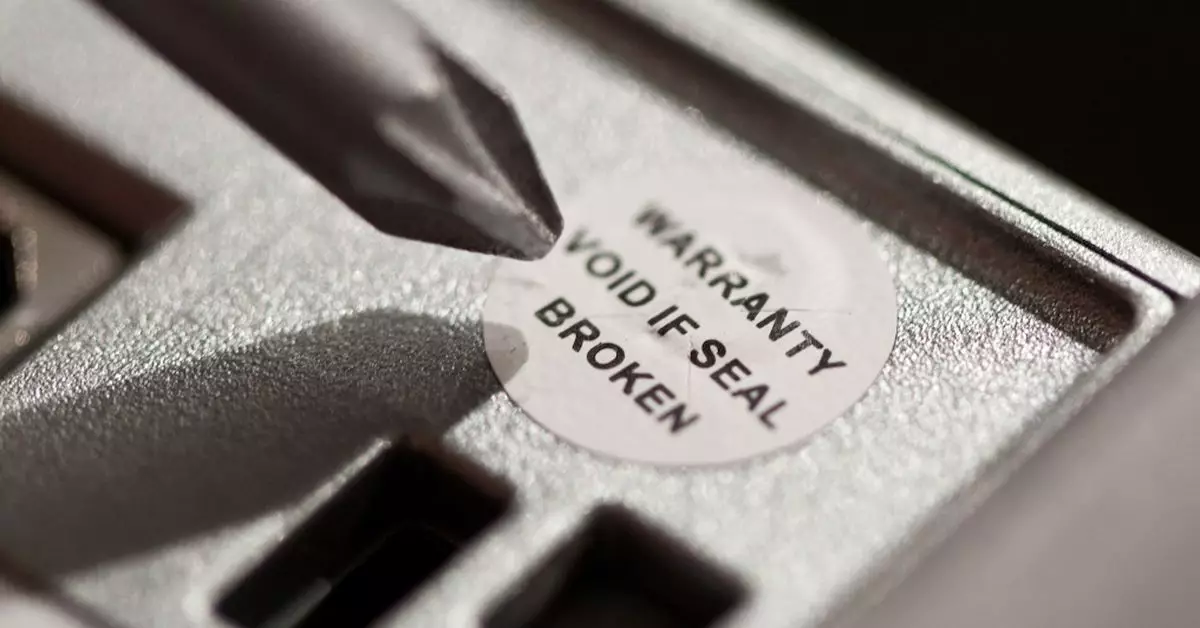The Federal Trade Commission (FTC) has recently sent letters to ASRock, Gigabyte, and Zotac, calling out their illegal warranty practices. These companies have been using “warranty void if removed” stickers to prevent customers from opening up their gadgets and potentially voiding their warranties. The FTC is concerned that these companies are illegally threatening consumers with the denial of warranty coverage based on these stipulations.
These practices go against the federal Magnuson-Moss Warranty Act, which prohibits companies from conditioning warranties on consumer’s use of specific products or services. The act aims to prevent companies from misleading consumers with bad warranties and misrepresentations. ASRock, Gigabyte, and Zotac have been found to include clauses in their warranties that threaten to void coverage if products are opened, modified, or damaged in any way.
The FTC has copied and preserved the online pages containing these warranty provisions and plans to review the companies’ written warranties and promotional materials in the coming days. This is not the first time the FTC has taken action against companies for similar practices. In 2018, Nintendo, Sony, and Microsoft were put on notice for imposing similar restrictions on their game consoles. iFixit has also highlighted the legality of “warranty void if removed” stickers in various parts of the world.
Following the FTC’s intervention, companies like Nintendo, Sony, and Hyundai updated their warranty policies to comply with the Magnuson-Moss Warranty Act. It is essential for ASRock, Gigabyte, and Zotac to reconsider their warranty practices and review their customer support policies to ensure they are not illegally denying customers their rightful warranty coverage.
The FTC’s actions against ASRock, Gigabyte, and Zotac shed light on the importance of upholding consumer rights when it comes to warranties. It is crucial for companies to abide by the regulations set forth by the Magnuson-Moss Warranty Act and ensure that their warranty practices are fair and transparent. Customers should not be threatened with the denial of warranty coverage simply for opening up their gadgets or making modifications. It is hoped that these companies will take the necessary steps to rectify their warranty policies and provide consumers with the protection and support they deserve.


Leave a Reply